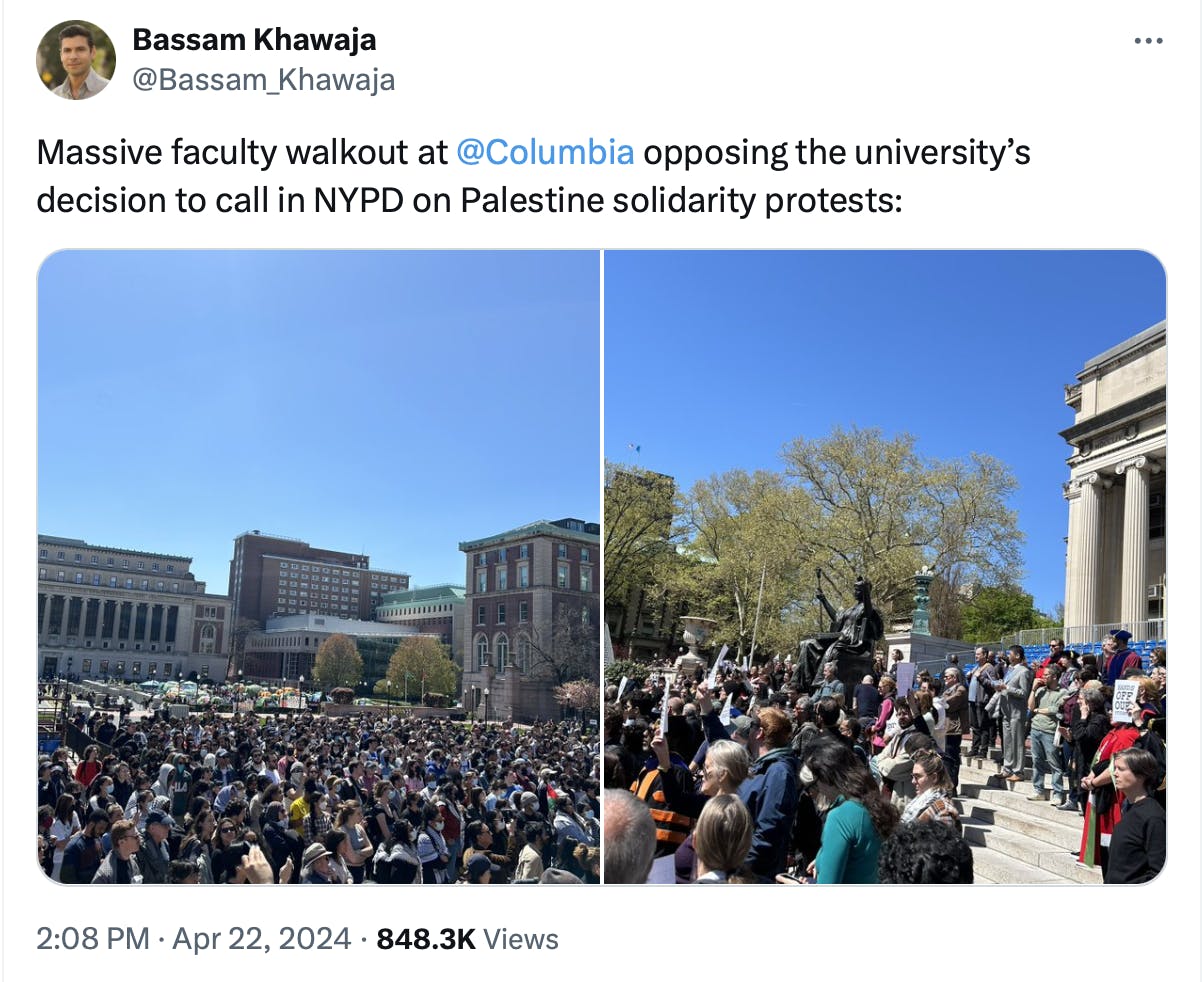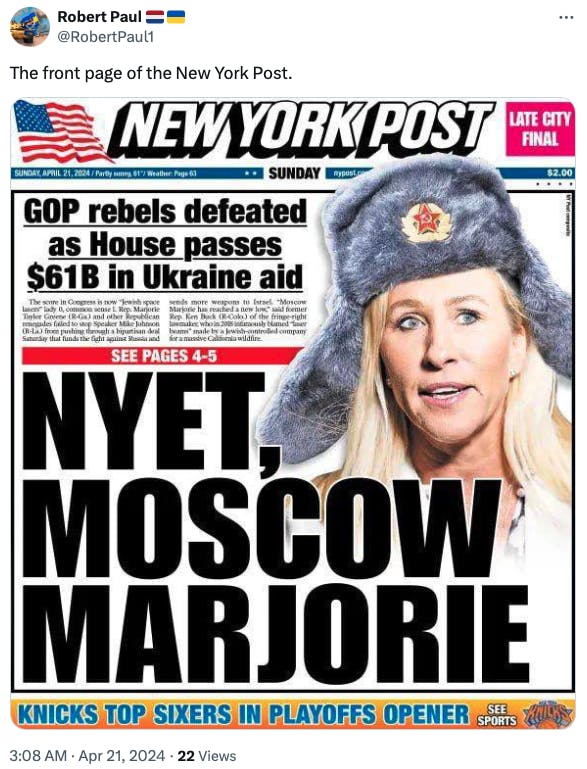Trump Tried to Strike a Wild Deal with Classified Docs Co-Defendant
The former president allegedly asked his body man Walt Nauta to lie on his behalf.

Donald Trump allegedly asked his valet Walt Nauta to lie to the FBI about whether the former president was hoarding classified documents, promising to pardon Nauta if he was ultimately charged with lying to the agency.
The shocking revelation came from an FBI interview with a witness identified only as a White House employee under Trump, CNN reported Monday night. In the interview, the transcript of which was released Monday, the witness paints Trump as paranoid as he was investigated for withholding classified documents, and increasingly desperate to ensure absolute loyalty from those who worked for him after his presidency ended.
“NAUTA was told by FPOTUS’ people that his investigation was not going anywhere, that it was politically motivated and ‘much ado about nothing,’” an interview summary states. FPOTUS refers to the Former President of the United States. “NAUTA was also told that even if he gets charged with lying to the FBI, FPOTUS will pardon him in 2024.”
The witness, referred to as “Person 16,” didn’t want the FBI to record the interview, claiming that it would be “a far bigger risk for him in the Trump world.” The interview notes do not indicate how Person 16 came to know about the promised pardon.
Monday was full of bad news for Trump, who faces 40 felony charges in the classified documents case, including 32 counts of willful retention of national defense information, conspiracy to obstruct justice, withholding documents, and concealing records. In another interview transcript released Monday, a different witness in Trump’s orbit said that, when Trump refused to return classified documents to the federal government, the witness resorted to begging members of the former president’s family to convince him to return the material.
Trump himself has even admitted to taking and keeping classified documents after his presidency, but insists that he took and kept them “very legally.” Statements like that, along with revelations that he misled his attorneys, are probably why Trump’s lead attorney in the classified documents case reportedly quit.
Nauta and a co-defendant in the classified documents case, Mar-a-Lago property manager Carlos De Oliveira, are each accused of helping Trump move boxes of classified documents so that federal investigators could not find them, and of trying to delete security footage that showed them moving boxes. The pair claim that they had no idea what was in the boxes, and they are seeking to have the cases against them dismissed.










